Pefsal Inhaler Capsule 50 Mcg/250Mcg
In the ever-evolving landscape of respiratory health, Pefsal Inhaler Capsule 50 Mcg/250Mcg emerges as a beacon of hope. This dynamic medication is a carefully crafted blend of two potent components, Salmeterol and Fluticasone Propionate. Together, they work harmoniously to widen constricted airways, facilitating smoother breathing. Pefsal Inhaler Capsule 50 Mcg/250Mcg plays a pivotal role in managing conditions such as asthma and chronic obstructive pulmonary disorder (COPD). In this comprehensive guide, we delve into the intricacies of Pefsal Inhaler Capsule 50 Mcg/250Mcg, shedding light on its benefits and usage.
| Dosage form | |
|---|---|
| Pack size | |
| Potency | 50 Mcg/250Mcg |
| Manufacturer | |
| Origin | |
| Generic Name (Ingredient) | Within Each Inhalation Capsule: Salmeterol Ksinafoat * 72, 60 Micrograms Fluticasone Propionate 250 Micrograms |
Assuming your emergency circumstances for this product, visit Urgent Quotation page. Besides, for any pharmaceutical questions, please ask us in the comments section.
Description
At the heart of Pefsal Inhaler Capsule 50 Mcg/250Mcg lies the synergistic blend of Salmeterol and Fluticasone Propionate. These two components collaborate to tackle a range of respiratory challenges, including:
- Asthma (characterized by wheezing and shortness of breath)
- Chronic obstructive pulmonary disorder (COPD, a condition obstructing airflow to the lungs)
Peeling Back the Layers: A Deeper Look
Salmeterol: As a long-acting bronchodilator, Salmeterol takes center stage by relaxing the muscles surrounding the airways. This relaxation widens the air passages, making breathing more effortless. Salmeterol belongs to a class of drugs known as beta-2 agonists.
Fluticasone Propionate: In contrast, Fluticasone Propionate assumes the role of a corticosteroid. Its primary function involves taming inflammation within the airways. Corticosteroids mimic the effects of naturally occurring steroids produced in the body’s adrenal glands.
Together, these two components create a potent synergy. By opening up the airways and reducing inflammation, they offer respite to individuals grappling with asthma or COPD.
Usage
The usage of Pefsal Inhaler Capsule 50 Mcg/250Mcg revolves around oral administration, guided by your healthcare provider’s prescription. While the effects may become noticeable within days, the full benefits unfold over weeks. Consistency is key, as this medication thrives on regular use. Even in the absence of symptoms, adhering to the prescribed regimen is imperative. Should an asthma attack strike suddenly, reach for your quick-relief inhaler (reliever), as Pefsal Inhaler Capsule 50 Mcg/250Mcg is not designed for such emergencies.
Side Effects
Every medication carries the potential for side effects, and Pefsal Inhaler Capsule 50 Mcg/250Mcg is no exception. Common side effects may include nausea, vomiting, throat irritation, hoarseness of voice, fungal mouth infections, headache, and musculoskeletal discomfort. Should any of these occur, maintain the course but communicate with your healthcare provider. Rinsing your mouth or brushing your teeth after inhaler use can mitigate some of these effects. However, it’s important to note that more serious, albeit rarer, side effects can occur. If you experience symptoms such as allergic reactions, breathing difficulties, chest pain, irregular heartbeat, or nervousness, seek immediate medical attention.
Precautions
Transparency with your healthcare provider is paramount. Disclose any allergies or medical conditions, particularly if you have asthma, chronic obstructive pulmonary disease (COPD), acute heart failure, cardiogenic shock, bradycardia (slow heart rate), or low blood pressure. This information helps your healthcare provider determine the appropriateness of Pefsal Inhaler Capsule 50 Mcg/250Mcg for your unique medical profile.
Interactions
The journey to optimal respiratory health necessitates awareness of potential drug interactions. Pefsal Inhaler Capsule 50 Mcg/250Mcg should not be combined with other antihypertensive drugs, reserpine, methyldopa, clonidine, guanfacine, calcium antagonists (of the nifedipine, verapamil, or diltiazem variety), rifampicin, insulin, oral antidiabetic drugs, or general anesthetics. Prior consultation with your healthcare provider ensures safe navigation of these interactions.
Alcohol
When contemplating the role of alcohol alongside Pefsal Inhaler Capsule 50 Mcg/250Mcg, caution is advised. Seek guidance from your healthcare provider to strike a balance that promotes respiratory health while considering your overall well-being.
In Conclusion
In conclusion, Pefsal Inhaler Capsule 50 Mcg/250Mcg assumes a pivotal role in the realm of respiratory health. As a potent blend of Salmeterol and Fluticasone Propionate, it serves as a guardian for those navigating the complexities of asthma and COPD.
However, the path to optimal respiratory health hinges on informed decision-making, unwavering adherence to your healthcare provider’s guidance, and an unyielding commitment to your well-being. By embracing these principles, you can harness the potential of Pefsal Inhaler Capsule 50 Mcg/250Mcg and embark on a journey toward respiratory wellness
Use the form below to report an error
Please answer the questions as thoroughly and accurately as possible. Your answers will help us better understand what kind of mistakes happen, why and where they happen, and in the end the purpose is to build a better archive to guide researchers and professionals around the world.
The information on this page is not intended to be a substitute for professional medical advice, diagnosis, or treatment. always seek the advice for your physician or another qualified health provider with any questions you may have regarding a medical condition. Always remember to
- Ask your own doctor for medical advice.
- Names, brands, and dosage may differ between countries.
- When not feeling well, or experiencing side effects always contact your own doctor.
Cyberchondria
The truth is that when we’re sick, or worried about getting sick, the internet won’t help.
According to Wikipedia, cyberchondria is a mental disorder consisting in the desire to independently make a diagnosis based on the symptoms of diseases described on Internet sites.
Why you can't look for symptoms on the Internet
If diagnoses could be made simply from a textbook or an article on a website, we would all be doctors and treat ourselves. Nothing can replace the experience and knowledge of specially trained people. As in any field, in medicine there are unscrupulous specialists, differences of opinion, inaccurate diagnoses and incorrect test results.

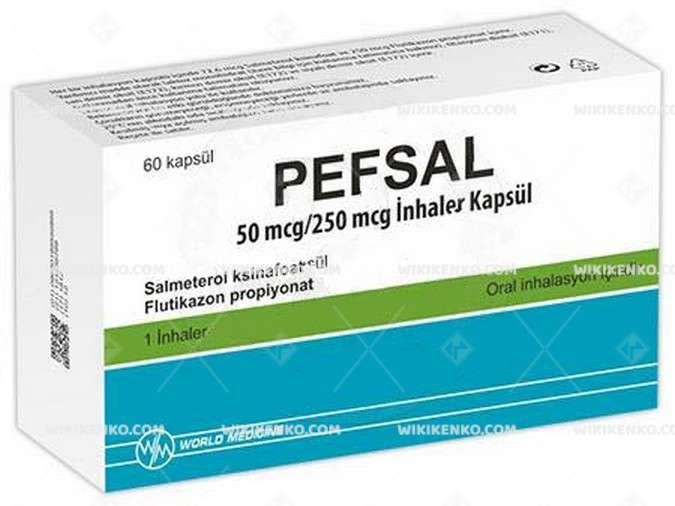
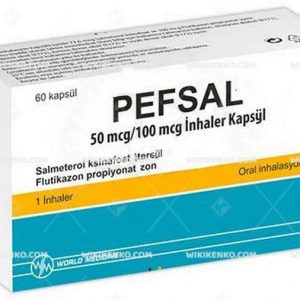
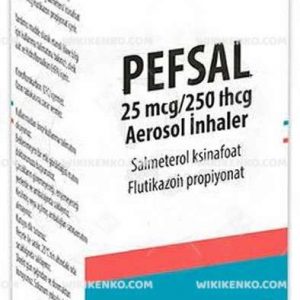
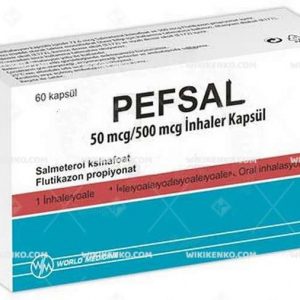
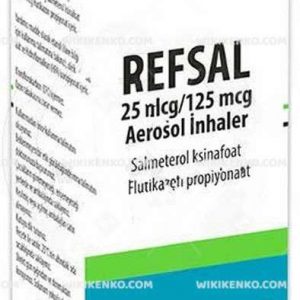

Reviews
There are no reviews yet.